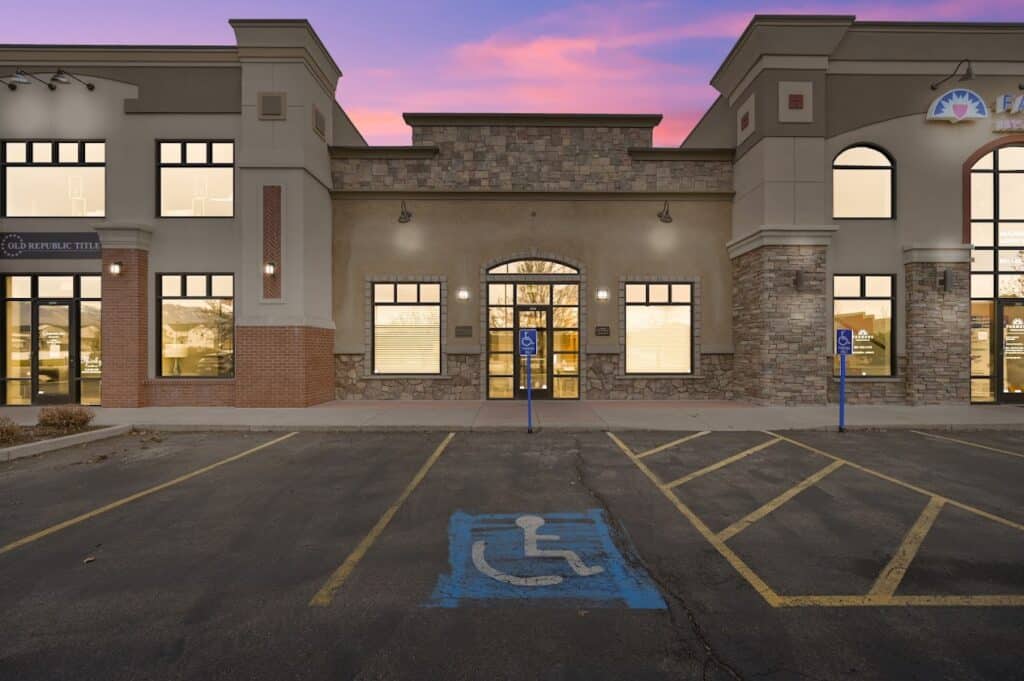The process of finding mental health providers covered by your insurance can be challenging and confusing.
Corner Canyon works with most major private health insurance carriers. We understand the barriers that exist in making mental health care accessible and aim to make the process as simple as possible for our patients.
Our admissions team will verify your insurance and find the best treatment plan that fits your coverage. Coverage can vary with your provider, plan, and level of care needed.
We’re making mental health care more accessible than ever. One of the first steps you will take on your Corner Canyon journey is verifying and understanding your insurance benefits.
Speak with one of our admissions team members or submit a form to get a Verification of Benefits (VOB). This will help us confirm that your insurance coverage is active and what levels of care your policy includes for mental health treatment.
Along with the VOB some providers will also receive a conservative estimate of what your insurance plan will provide to reimburse treatment that meets their criteria of care. Besides your individual insurance company and policy, other factors that will be considered are your diagnosis and level of care needed.
Our admissions team can answer your questions, and if needed reach out to your insurance provider for additional information.
We understand dealing with insurance can be confusing and stressful, especially when you are focusing on your mental health treatment. Here are a few FAQ ́s to help you out.
If the treatment program is not in-network with your insurance, we can try for what is called a Single Case Agreement (SCA). An SCA can provide reimbursement costs to the individual.
However, this is based on levels of care, diagnosis, and the duration of treatment. Most insurance companies not in-network will pay a certain percentage of the billed rate for different levels of care.
At Corner Canyon, the VOBs we submit usually take up to 24 hours to get information returned.
This quick turnaround allows you to use this information as part of your decision for which program is best for your financial needs.

We are specifically formulated to offer personalized therapeutic interventions to adult individuals with mental health disorders.

We provide a comprehensive Intensive Outpatient Program (IOP) that offers clients the opportunity to attend group therapy sessions three to five times a week.
Corner Canyon now accepts most major health insurance plans. Get in touch with our admissions team today.







© Copyright 2024 Corner Canyon™ | All Rights Reserved | Privacy Policy
